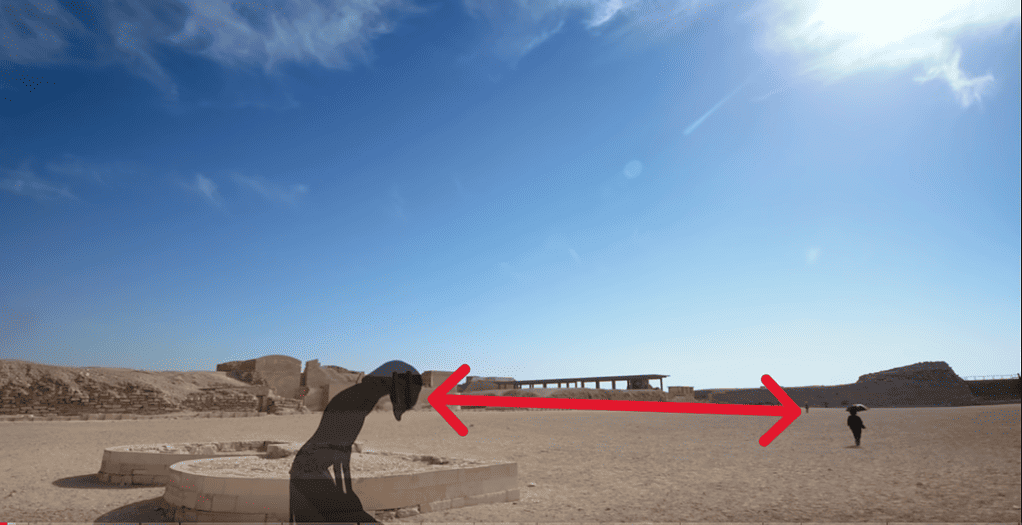The Middle East, a region of great historical significance, has been marred by warfare, instability, and conflict for decades. From the turn of the 21st century to the present day, this part of the world has witnessed major wars raging across territories that include Iraq, Syria, Lebanon, Israel, Palestine, and Yemen. The involvement of numerous countries, both regional and global powers, has contributed to a complex web of geopolitical interests and rivalries. These conflicts have exacted a heavy toll, costing trillions of dollars and claiming millions of lives. Millions more have been forced into exile and refugee status, creating a humanitarian crisis of staggering proportions.
To truly understand the root causes of the Middle East’s ongoing turmoil, one must delve deep into history, tracing the origins of this perpetual crisis back over a century. At the heart of this turbulent history lies the legacy of two dominant empires: the Ottoman Empire and the British Empire.
The Ottoman Empire, a sprawling and diverse realm that once held sway over much of the Middle East, was characterized by a distinct approach to governance. It had little tolerance for nations and nationalism within its territories and ruthlessly repressed any signs of dissent or self-determination among its diverse subjects. This approach, aimed at preserving imperial stability and control, sowed the seeds of discontent and unrest that would eventually erupt into the region’s modern-day conflicts.
The Ottoman Empire’s decline, however, opened the door for the rising British Empire to expand its influence across the Middle East. The British Empire, in its pursuit of maintaining a vital link between its home islands and India, its most prized colony, began to acquire protectorates in the Middle East. This expansion started as early as 1820 with the establishment of a British presence in the modern-day United Arab Emirates. Over the years, the British added Southern Yemen, Bahrain, and ultimately Egypt in 1888 to their list of protectorates.
The turning point in the region’s history came during World War I. In 1916, British and French diplomats secretly negotiated a treaty known as the Sykes-Picot Agreement. This clandestine pact aimed to divide and partition the lands of the Ottoman Empire between the two colonial powers following the empire’s inevitable collapse. The agreement drew artificial borders across the Middle East with little regard for the region’s ethnic, religious, or tribal divisions. These arbitrary lines sowed the seeds of future conflicts, creating nations that often contained diverse groups with conflicting interests and loyalties.
The repercussions of the Sykes-Picot Agreement have been far-reaching and long-lasting. It has guaranteed over a century’s worth of turmoil, forever wars, and misery for the people of the Middle East. The boundaries it established have been a source of tension, conflict, and instability, as different ethnic and religious groups found themselves forced into artificial states that often did not reflect their historical or cultural identities.
Today, the Middle East remains a hotbed of geopolitical competition, with regional powers vying for influence and global powers seeking to protect their interests. The legacy of the Ottoman Empire’s suppression of nationalism, combined with the colonial legacy of the British and French, continues to shape the region’s political dynamics. As the world grapples with the ongoing conflicts and crises in the Middle East, it is essential to recognize that the roots of these issues run deep, reaching back to a time when empires and colonial powers wielded immense influence and made decisions that would have profound and enduring consequences for the people of this troubled region.



